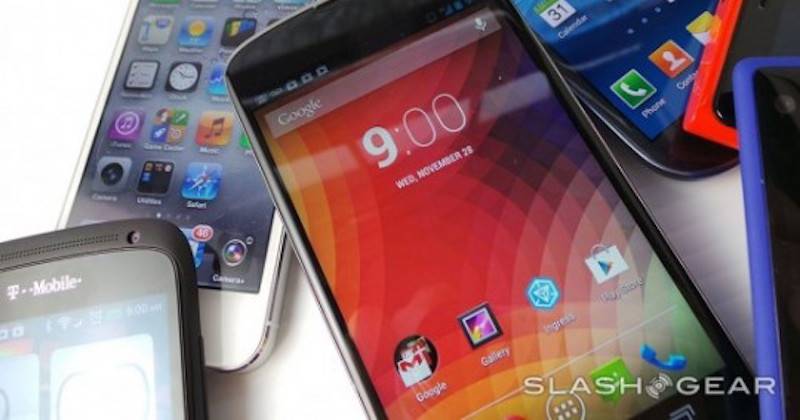
Most schools and universities and even offices ban the use of mobile phones or tablets within the premises for obvious reasons. If adults can’t keep their hands and eyes off their devices at night and actually anywhere, young kids and teenagers surely can’t part with their phones as well. Parents are now challenged on how to get their kids study and focus on academics. But really, there is only one solution and that is to ban phone use whether at home or in school.
Economics are urging the parents to just say “no” to their children if they want to boost their academic performance. According to a study, banning phones in schools is equivalent to a week’s worth of school in an academic year. This is based on a research by Richard Murphy and Louis-Philippe Beland, published recently by the Centre for Economic Performance at the London School of Economics.
The study entitled “Ill Communication: The Impact of Mobile Phones on Student Performance” said that test scores of students improved by 6.4 percent after mobile phones were banned in schools. Banning phones is like adding five days to a school year which is beneficial to both students and teachers because more lessons can be covered.
Teachers usually have a hard time getting students to listen and focus on school work. The number of children and teenagers owning mobile phones is rapidly increasing. About 75% of teenagers in the US and 90% in the UK own phones and it’s becoming a huge problem. Most schools in these regions have banned mobile phone use already.
Back in 2001, no school banned mobile devices yet but about 50% started banning them in 2007. After several years, about 98% no longer allow phone use. Most of the schools require students to hand in their units when classes start.
Interestingly in New York, Mayor Bill de Blasio lifted a 10-year ban to allow students to use phones within the school premises because it would help reduce inequality. However, Beland and Murphy’s study somehow prove that banning phones have a positive impact on the performance of students. Those with low grades previously improved twice than the average students. Little effect was seen on high achievers though.
Beland and Murphy fear that de Blasio’s lifting the ban may harm those who are not doing well in school–usually the low income and lowest-achieving students. Students at London, Mancester, Leicester, and Birminghan were the subject of research that started even before the mobile ban. Different factors were taken into consideration like gender, special educational needs status, if they get free school meals, and if they have prior educational attainment.
Advancement in information technology certainly has a lot of advantages but it also brings a number of distractions and drawbacks for every one. Expect further developments will change not only the academe but also other industries.
SOURCE: The Guardian









